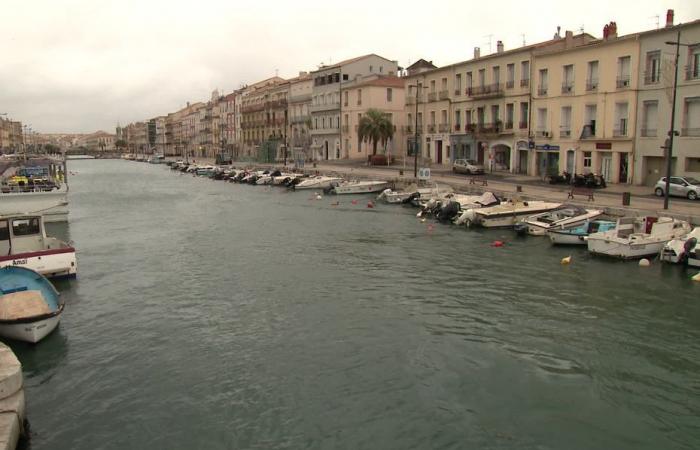The so-called “anti-Airbnb” law, which aims to better regulate the short-term rental offer, was promulgated on November 20. This new legislation was eagerly awaited in tourist areas like Sète, where the phenomenon has become so widespread that it has become almost impossible to find accommodation there all year round.
The essentials of the day: our exclusive selection
Every day, our editorial team reserves the best regional news for you. A selection just for you, to stay in touch with your regions.
France Télévisions uses your email address to send you the newsletter “Today’s essentials: our exclusive selection”. You can unsubscribe at any time via the link at the bottom of this newsletter. Our privacy policy
Last November, the National Assembly definitively adopted a series of measures to discourage owners from resorting to short-term rentals. This law called “anti-Airbnb” was promulgated less than a month ago: it now provides for a reduction in the tax deduction on profits, which goes from 71 to 50%.
In addition, municipalities can now establish quotas in their city to limit the Airbnb offer.
On the Hérault coast, this phenomenon has taken on considerable proportions. In Frontignan for example, certain concierge services, companies which clean apartments rented for short periods, are operating at full capacity.
Their operation becomes almost industrial in summer, with armies of seasonal workers hired to change sheets and towels.
This new legislation was eagerly awaited in Sète where many residents like Jeannine Léger say they are exasperated by the explosion in the number of Airbnb accommodations.
In the streets of the famous port city, this activist from the Droit au Logement association counts the key boxes, symbols of short-term rentals: it’s very simple, we see them everywhere.
Today, 2,500 Airbnb accommodations are listed in Sète.
No one can anymore find accommodation all year round, since the practice is that we rent from September to June and in the summer months, we multiply the price by four. This city has a port and popular history. Today, we have the impression that it has an essentially tourist history. With Airbnb, it feels like the city is selling itself.
Janine Léger, member of the Droit au Logement association
Key boxes in a street in Sète, symbols of Airbnb rentals which abound in the Hérault town. Over barely 100 meters, this Sète resident from the Droit au Logement association counted around ten.
•
© FTV
An observation shared by the municipality. The city promises to take advantage of the new legislation to establish quotas on the number of Airbnbs, in order to allow locals to continue to bring the spirit of the unique island to life.
“Sete, it’s Mont-Saint-Clair, but Mont-Saint-Clair without the Sétois, it’s a goat’s mountain! This is not what we want. Tourists are welcome but it’s a bit like everything: you have to organize it, you have to know how to manage the crowds a bit.” explain François Commeinhes, the mayor of Sète
However, there is no question of the town hall entering into open war against Airbnb.
The city lacks hotel infrastructure and the economic benefits generated by tourism are crucial for this area.
They amount to more than a billion euros each year, across the entire Sète area.






